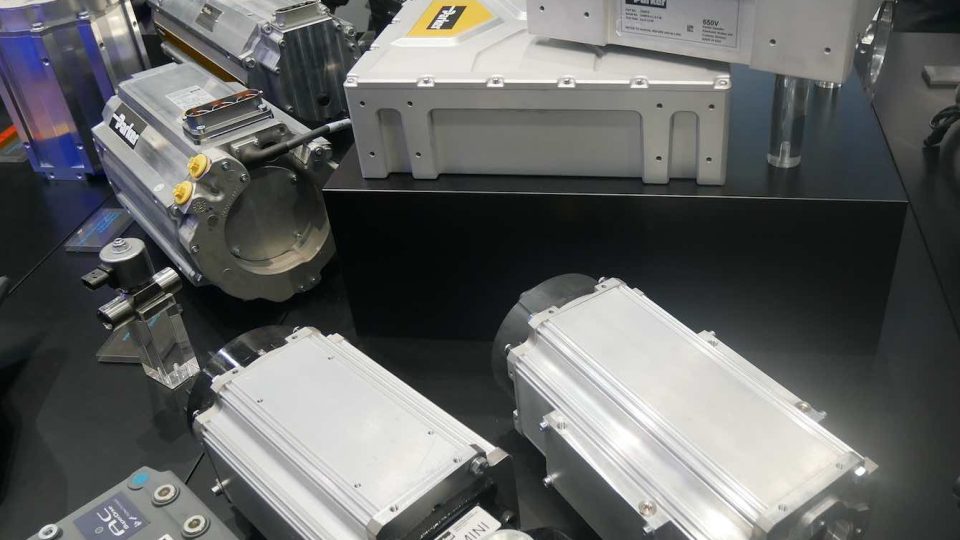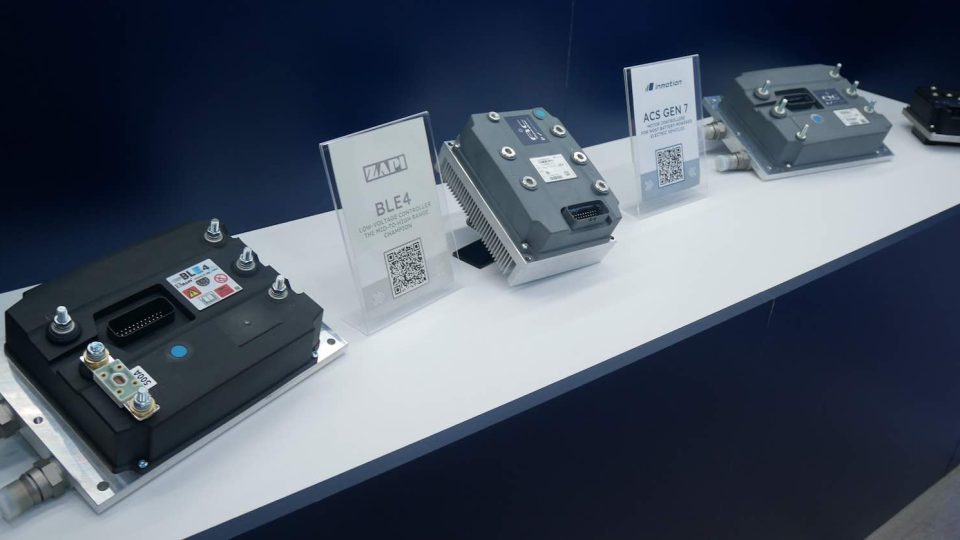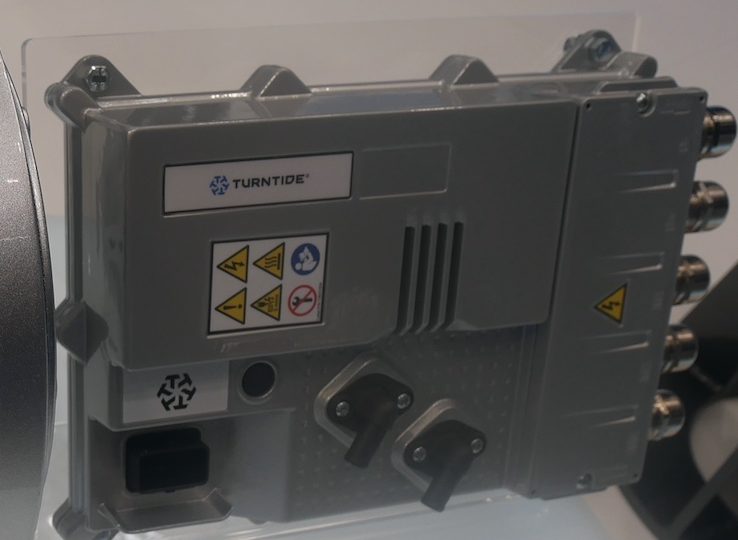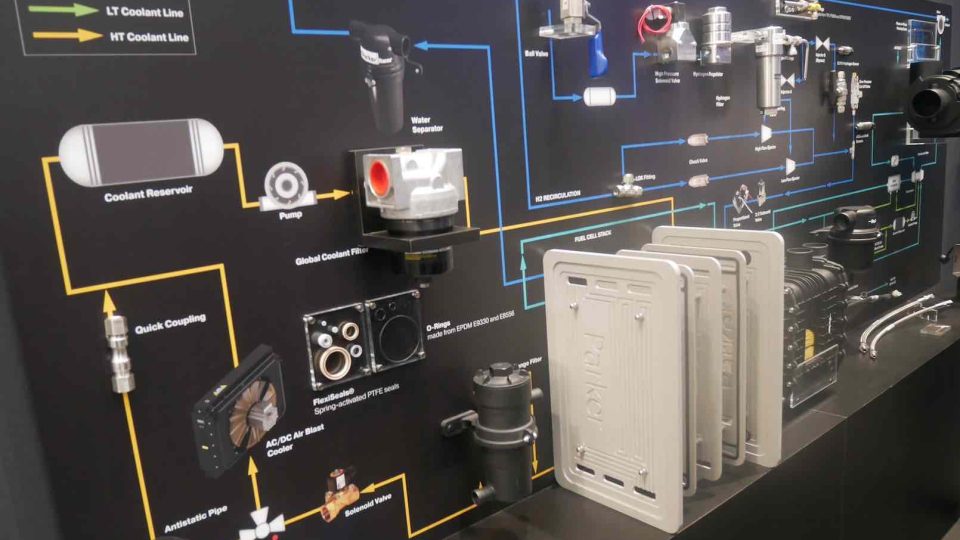Urbix set to power 30% of US and Europe’s EVs by 2030
Urbix, the environmentally responsible automotive battery grade graphite processing company, is now at the advanced stages of pilot line production of its game-changing material for anodes. Urbix is on track for full scale production in the US by 2024 and expansion to additional global locations.
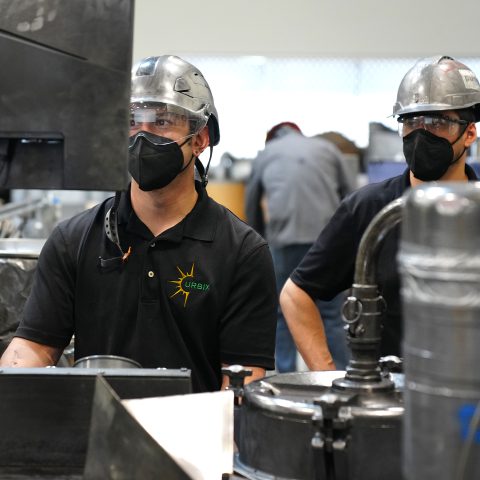
US-based Urbix is one of the only companies processing graphite outside of China. Its proprietary process produces high quality CSPG (coated spherical purified graphite) for electric vehicles at a fraction of the cost, energy, time and space compared to its competitors. More importantly, it completely removes the use of hydrofluoric acid and standard thermal treatments. Urbix’s modular facilities can be located within a small footprint anywhere in the world and in response to demand; helping automakers to remain competitive in the race for electrification.
Graphite: a cleaner process
By 2030 graphite demand is expected to increase over 5-6 fold to meet growing EV (electric vehicle) demand. In response to this, Urbix is in advanced stages of pilot line production and constructing its first flagship modular commercial line capable of producing 1,000 tonnes per year. It will be expanding capacity to 32,000 tonnes annually by 2024 and aims to provide graphite for anodes in 30% of the US’s and Europe’s electric vehicles by 2030. Urbix is currently looking to expand to other locations in the US and in Europe.
Graphite processing, the process of turning raw flake graphite into EV battery grade (CSPG) graphite, is typically performed using highly polluting and caustic processes. Urbix has developed a completely unique approach that uses just 10% of the energy and 6% of the acid, in 7% of the time compared to existing processes. Critically, it eliminates the use of hydrofluoric and hydrochloric acid, and records yields of over 70%, more than twice the yield of the industry standard. Urbix’s method benefits from a highly resilient supply chain as it is compatible with raw graphite from anywhere in the world meaning it is not dependent on a single source of graphite and does not need to source from China.
Urbix starts expansion to Europe
A few days ago Urbix announced the first stage of its global expansion program by establishing a UK entity. Urbix UKwill be strategically crucial to accelerate deployment of local facilities to supply UK and European based automakers and battery industries with Urbix’s advanced materials for anodes.
Nico Cuevas, CEO and Co-founder of Urbix: “Companies driving the global energy transition need a reliable supply of high-performing and environmentally-friendly graphite to meet projected demand for electric vehicles. The momentum in the UK and Europe is building every day and establishing Urbix’s presence here is critical to increasing supply chain capacity outside of China. We’re looking forward to growing our presence and becoming a part of the UK’s well established and growing battery ecosystem.”
According to the Advanced Propulsion Centre (APC), the UK needs three to six gigafactories capable of 90 GWh of battery capacity by 2030 in order to support the current size of the UK’s car industry. Graphite is the largest material by mass in electric vehicle batteries and is almost entirely processed in China. Lack of diversity in the supply chain is leaving manufacturers exposed to fluctuations in price and shortages expected as early as this year. The company is currently commissioning its 1,000 tonne capacity pilot line and expects to be at 32,000 tonnes per year full scale production by 2024.




